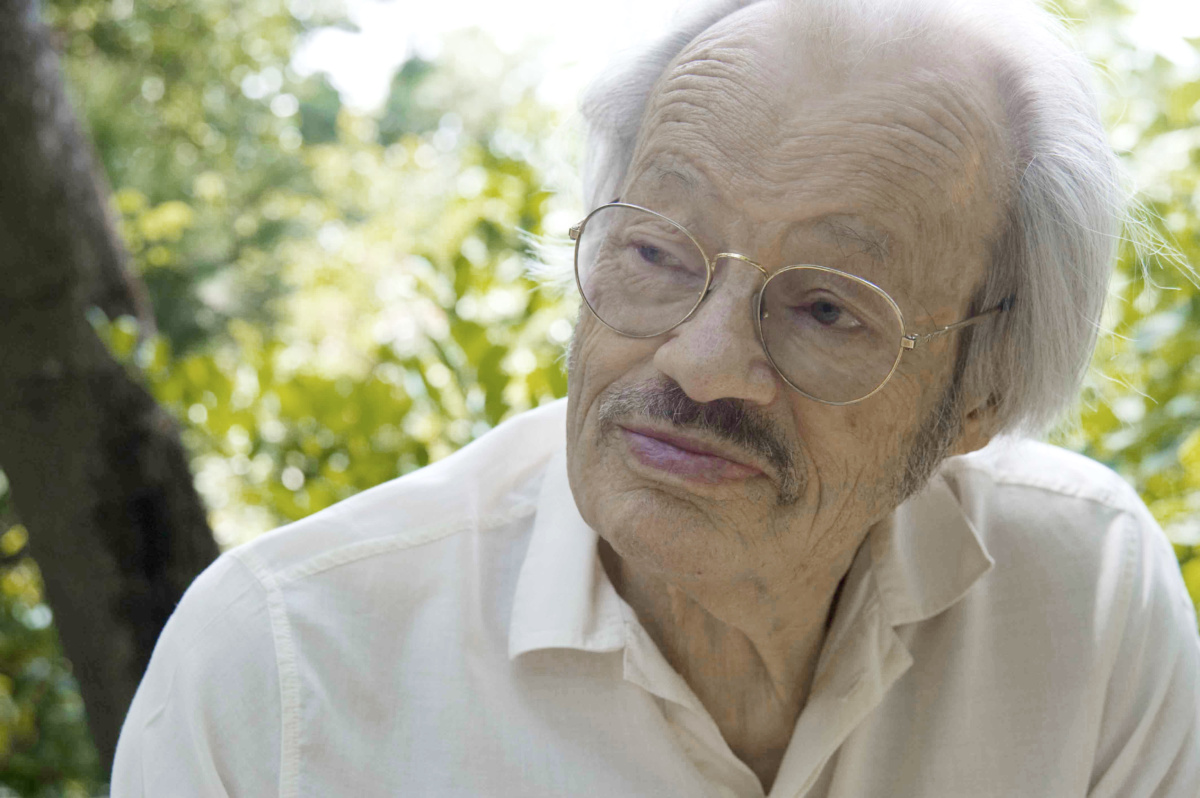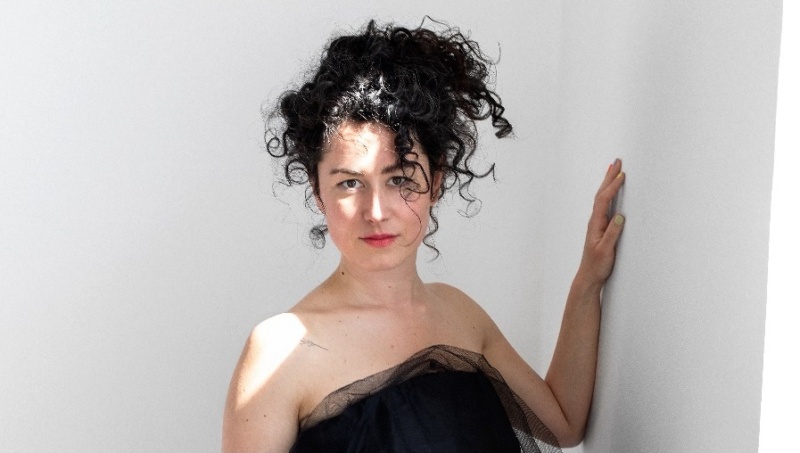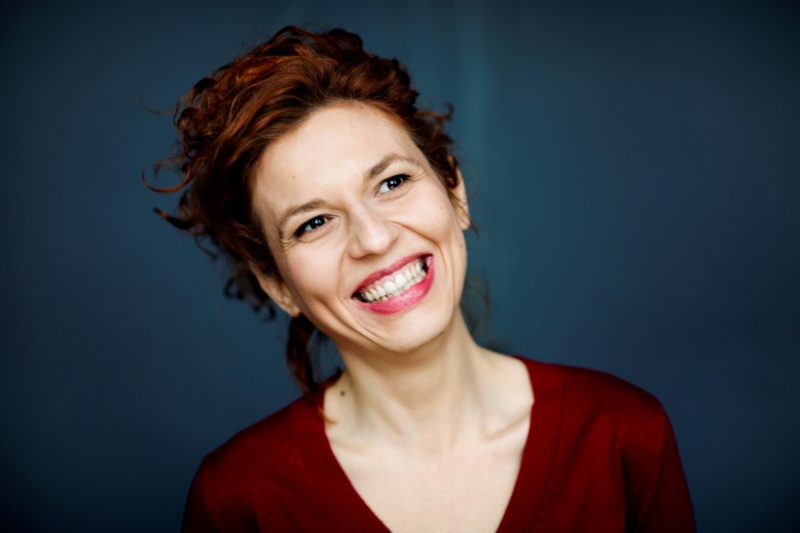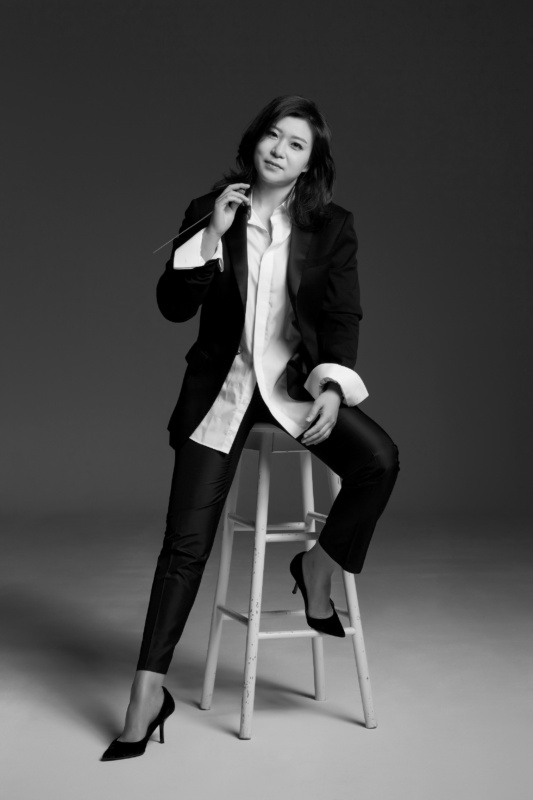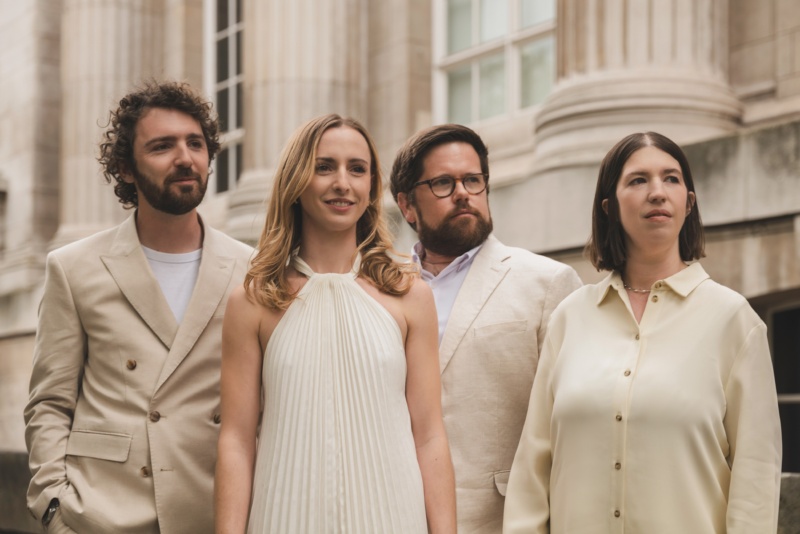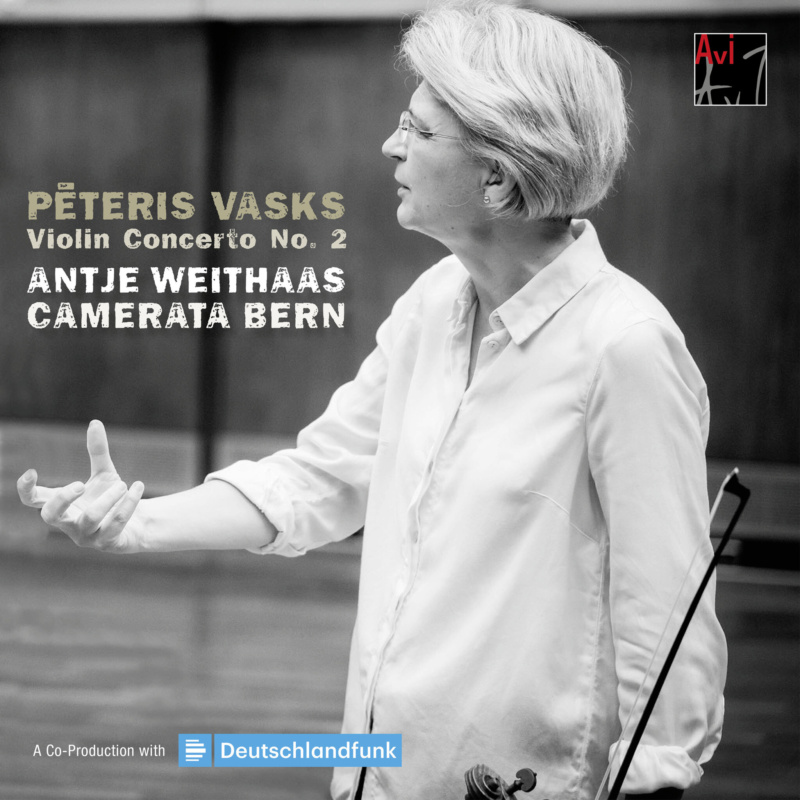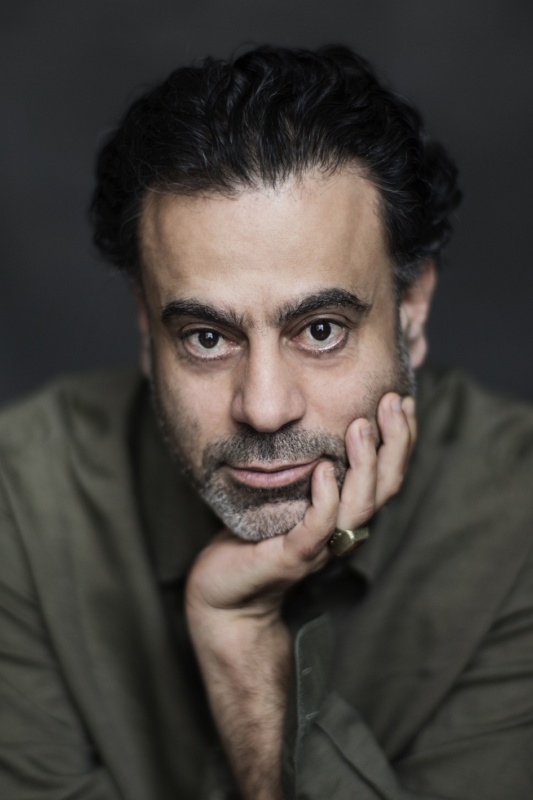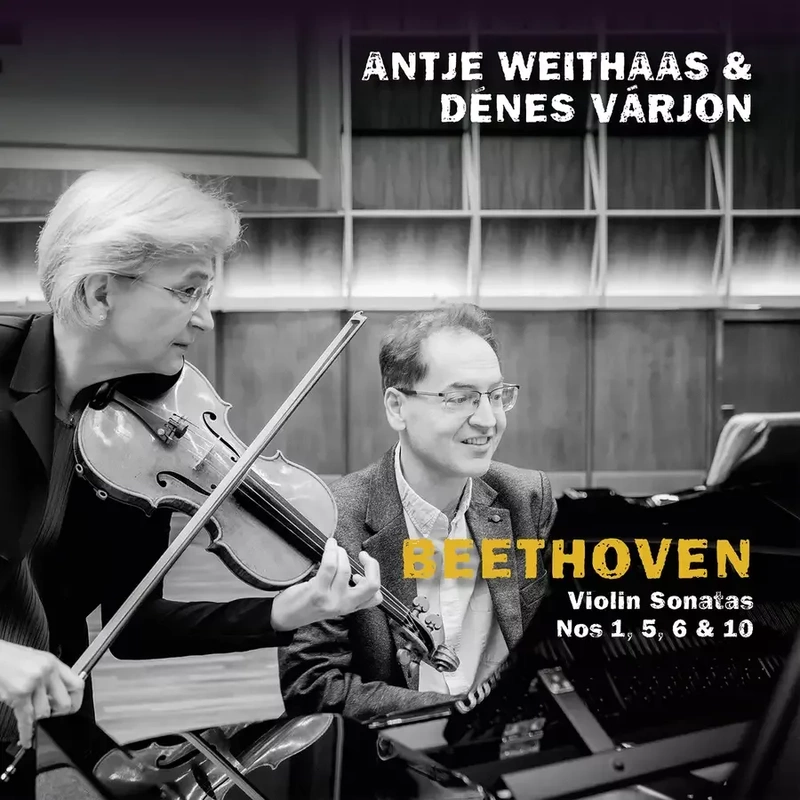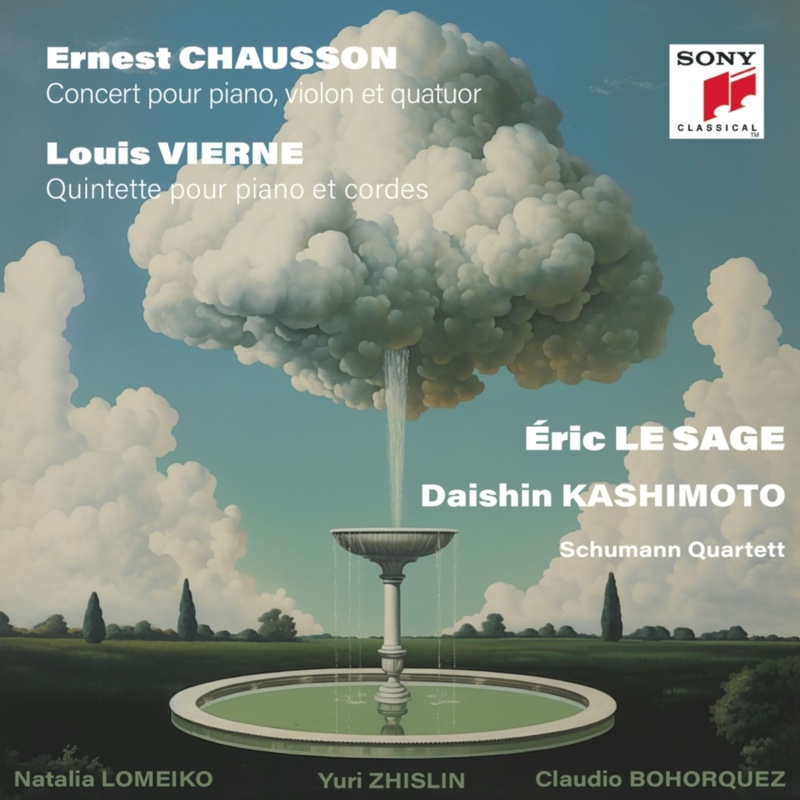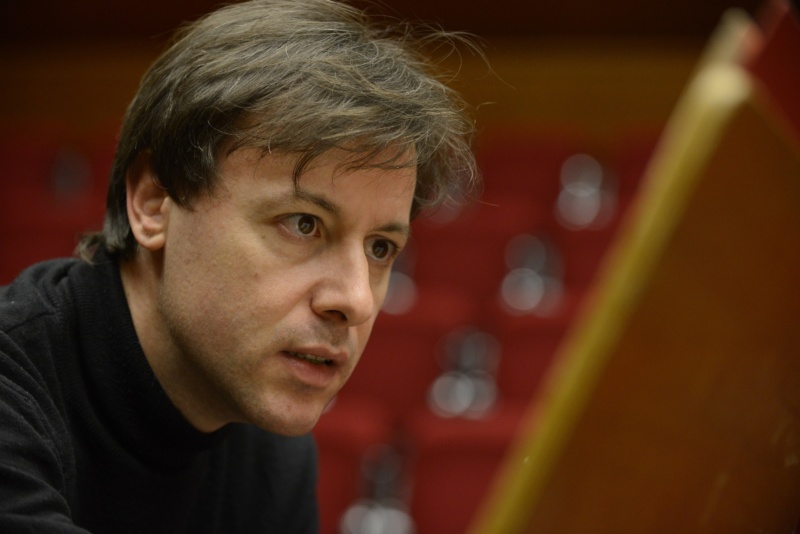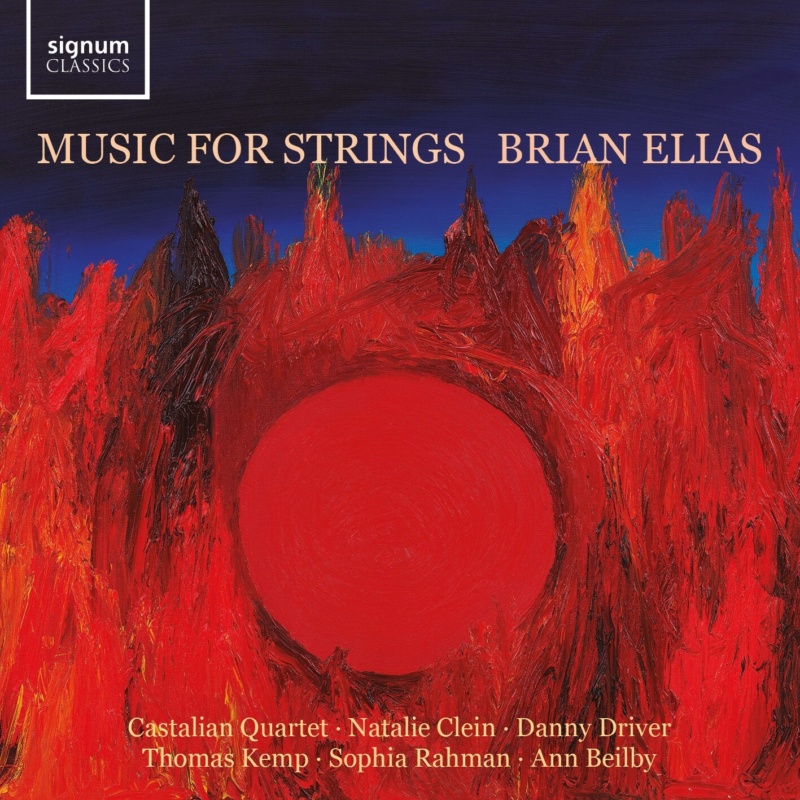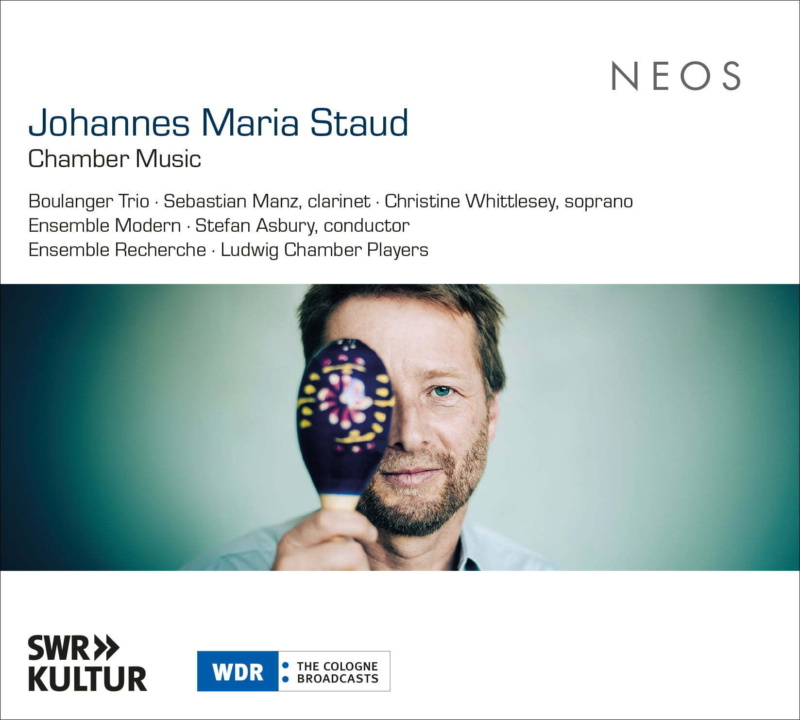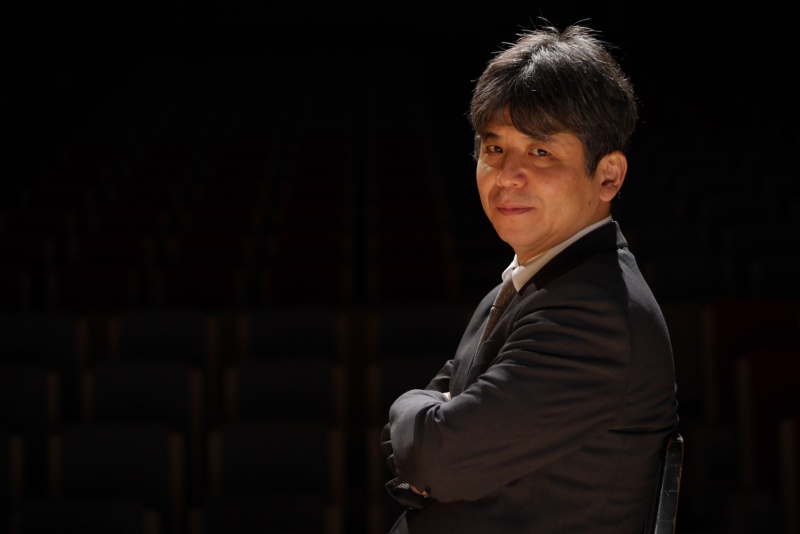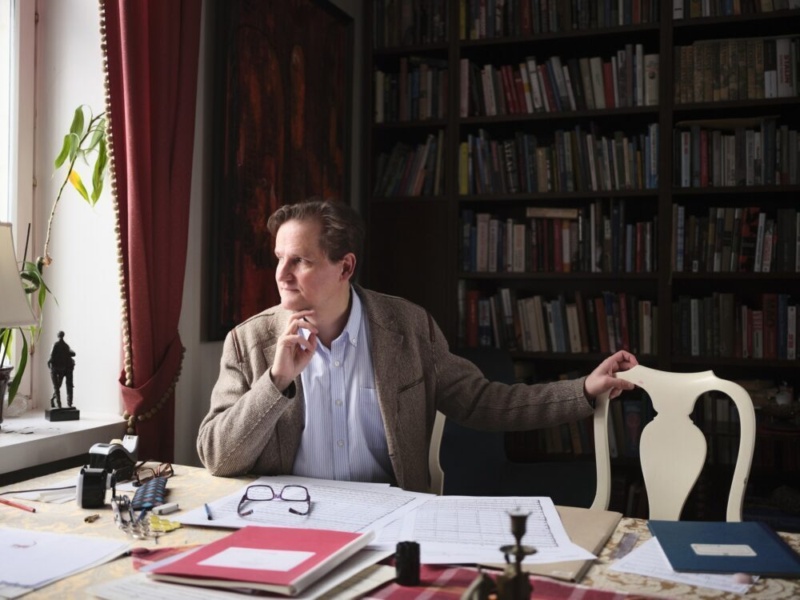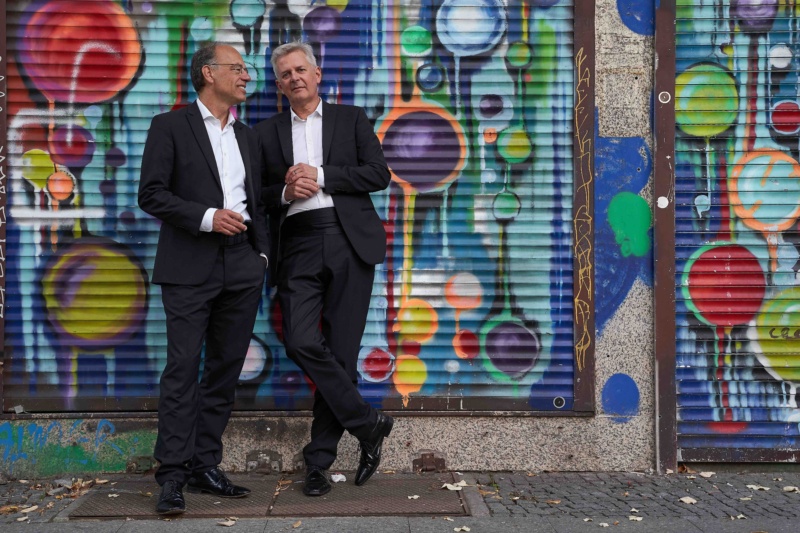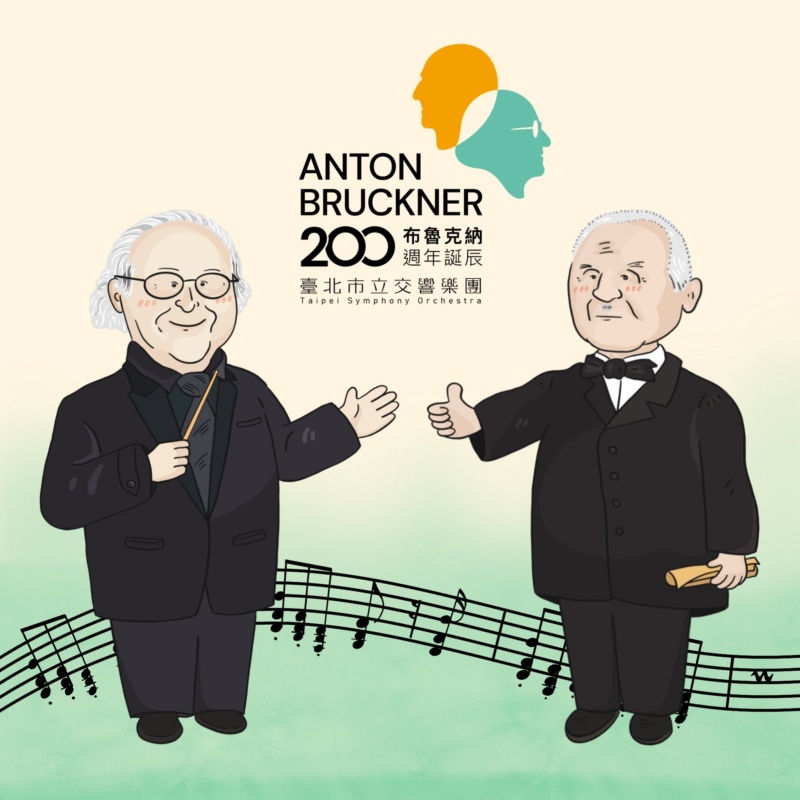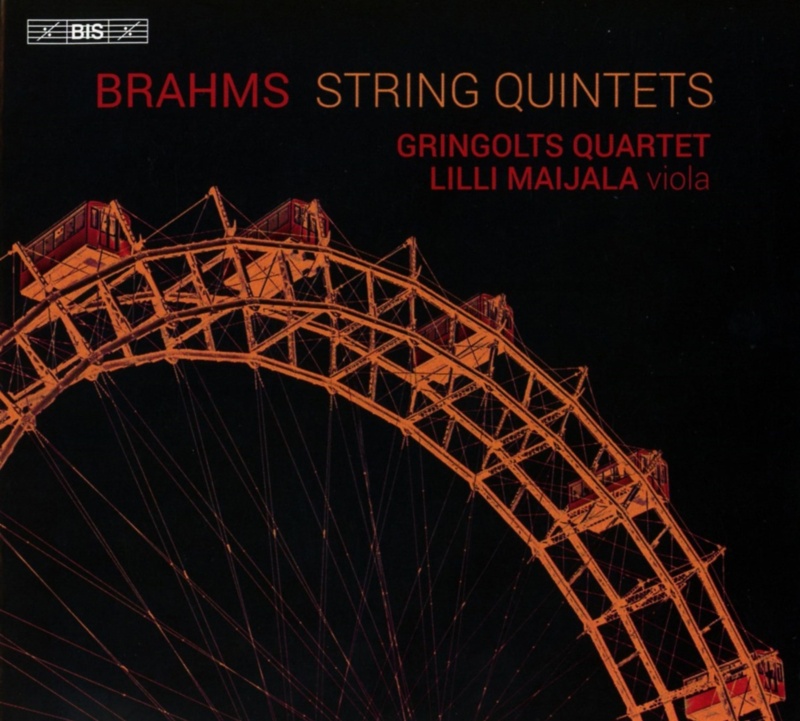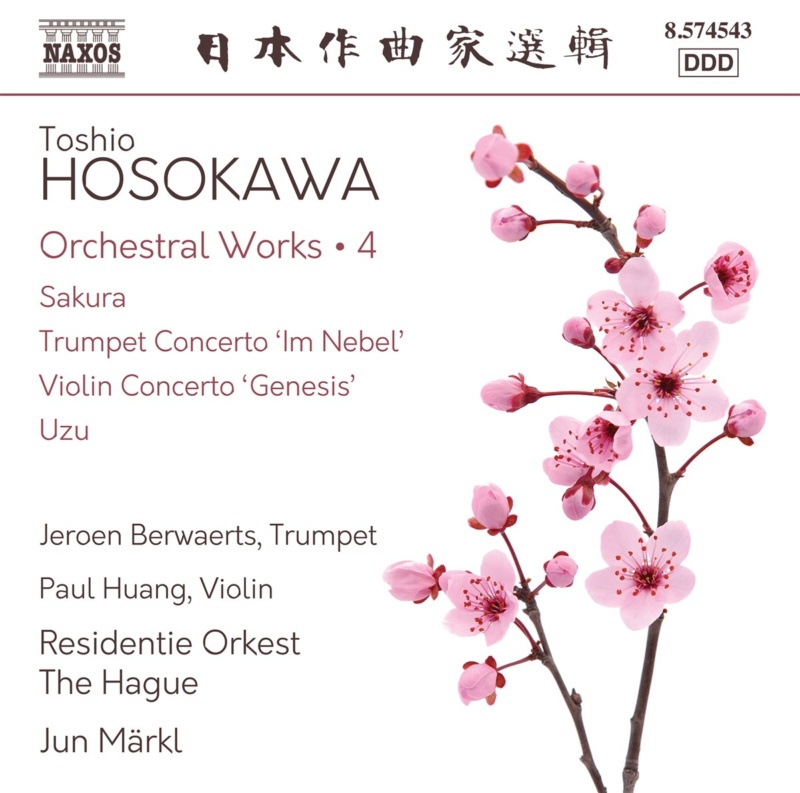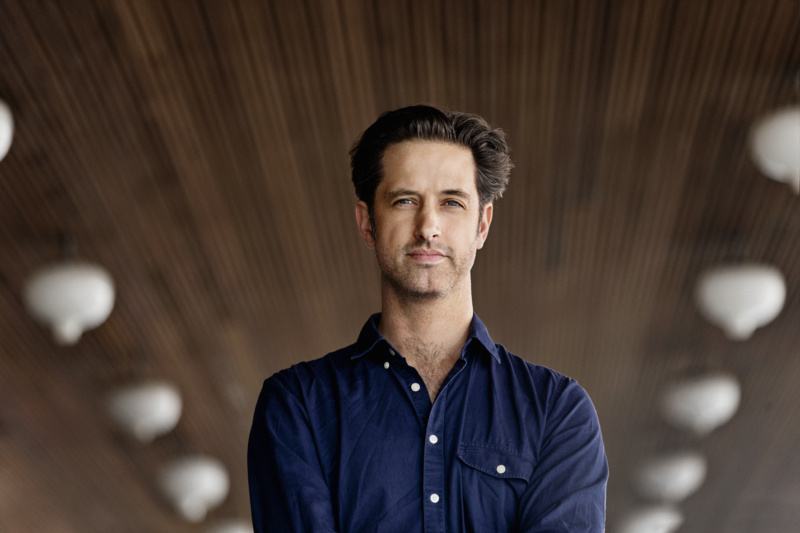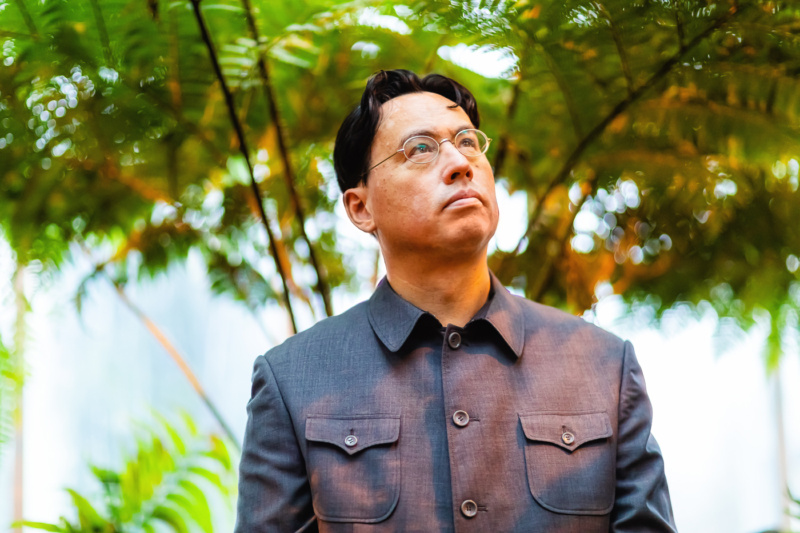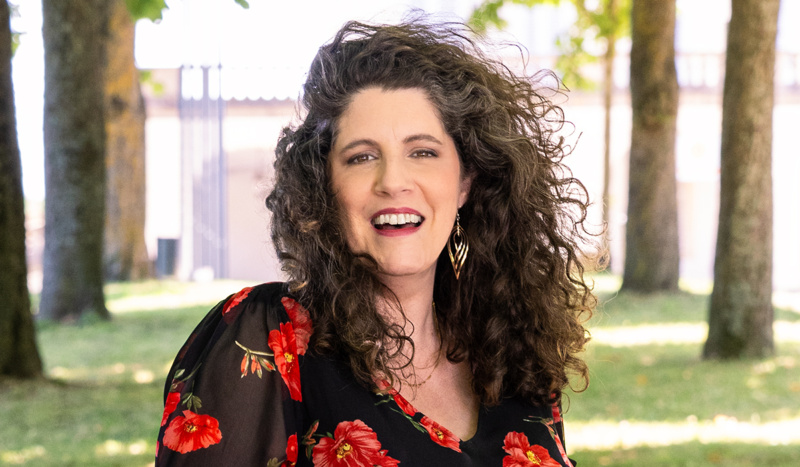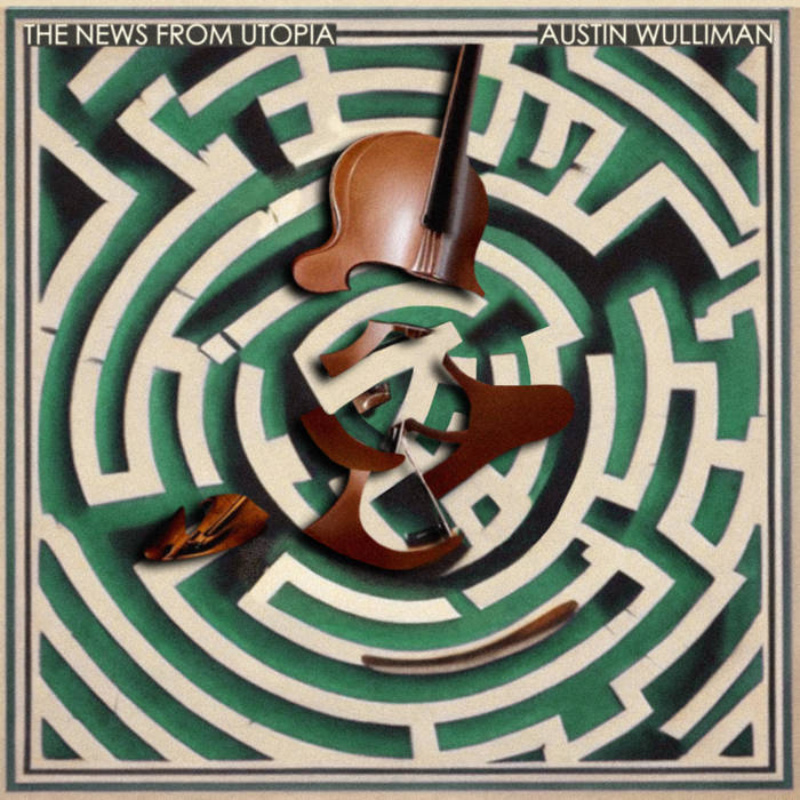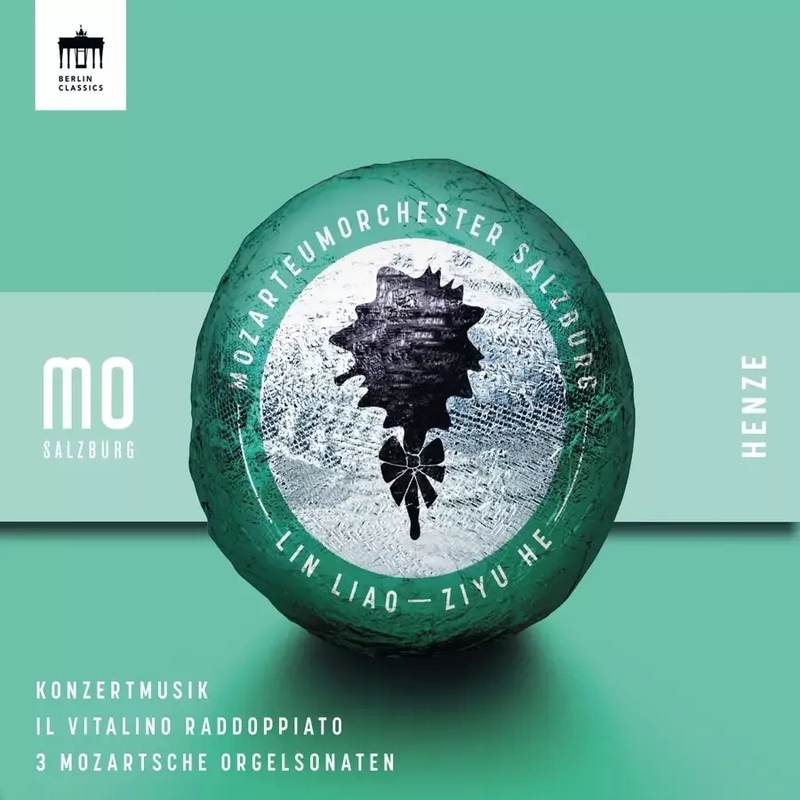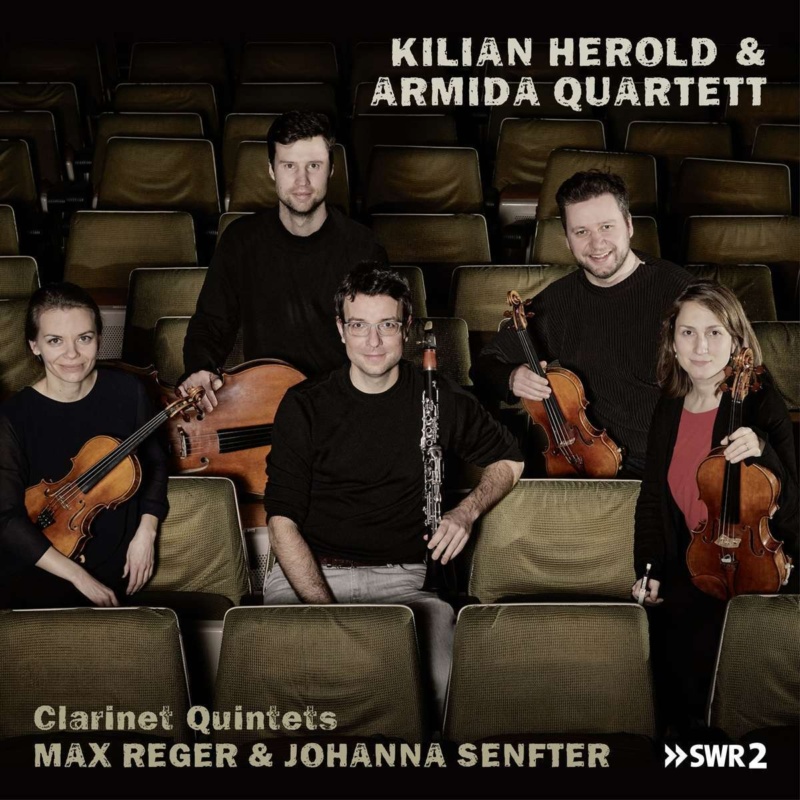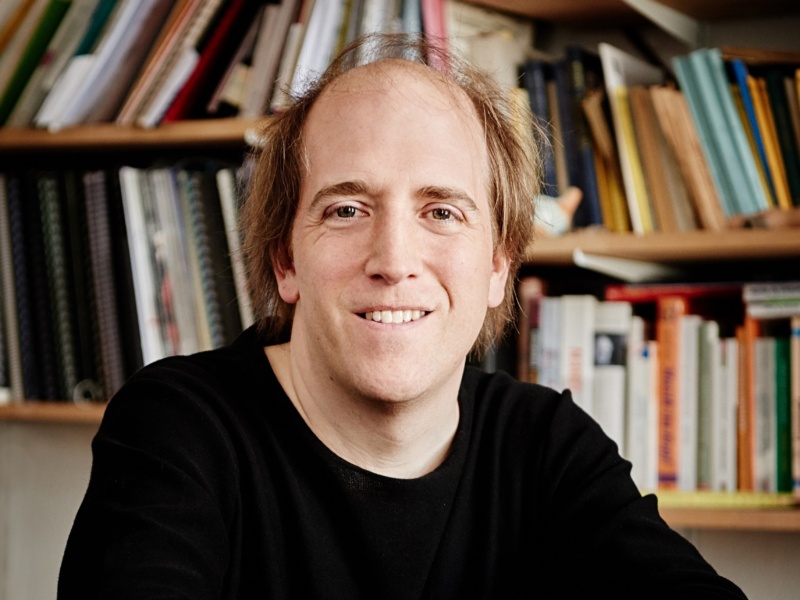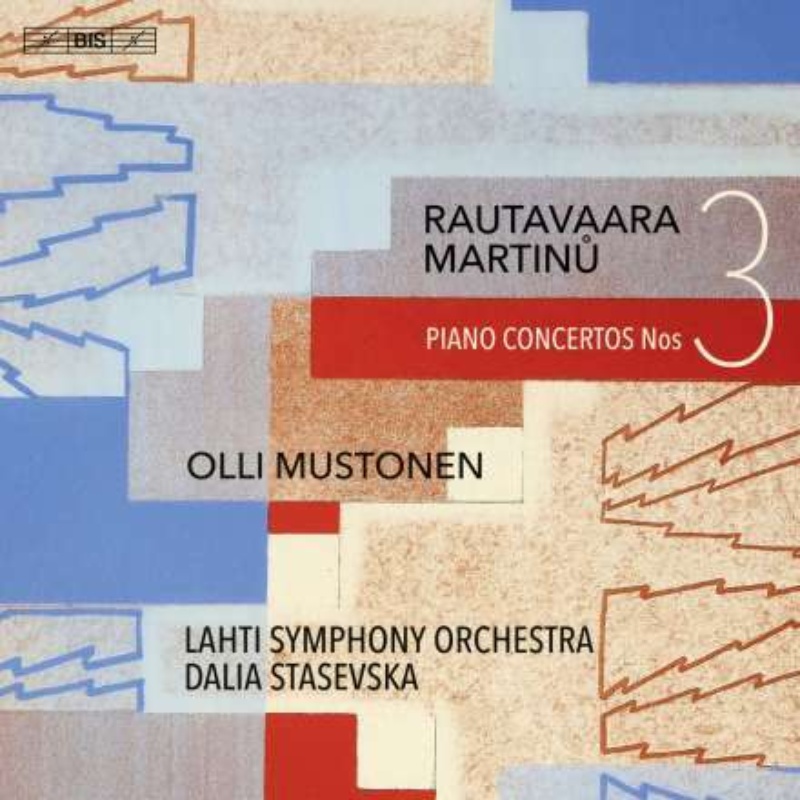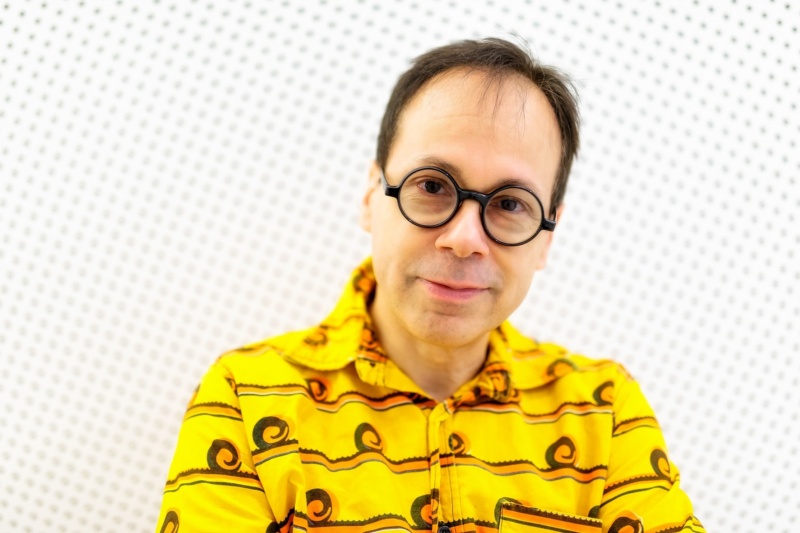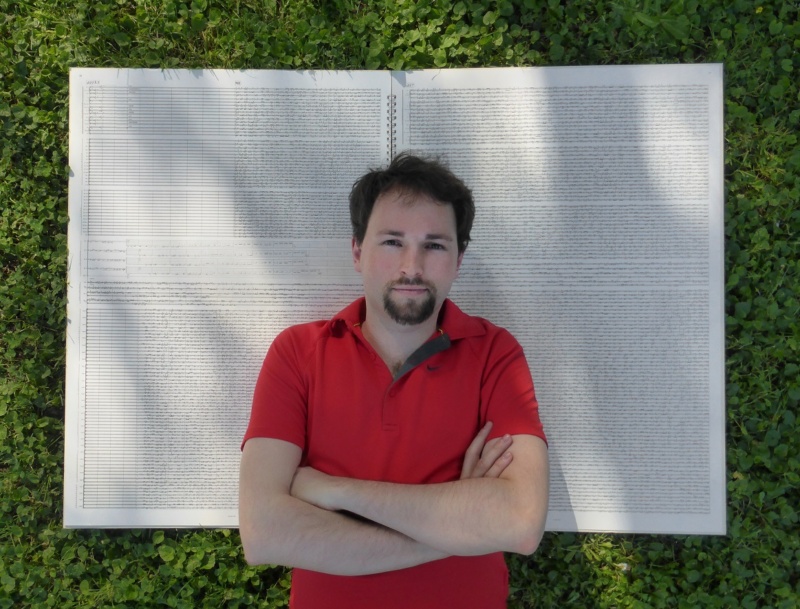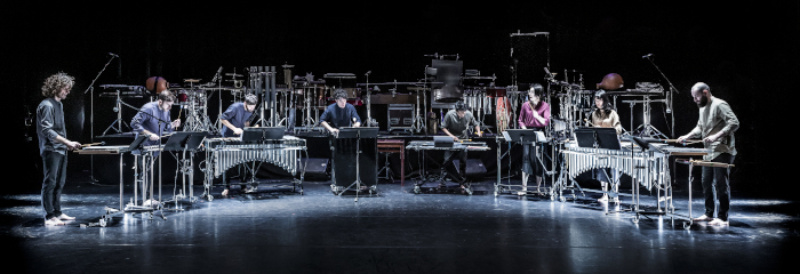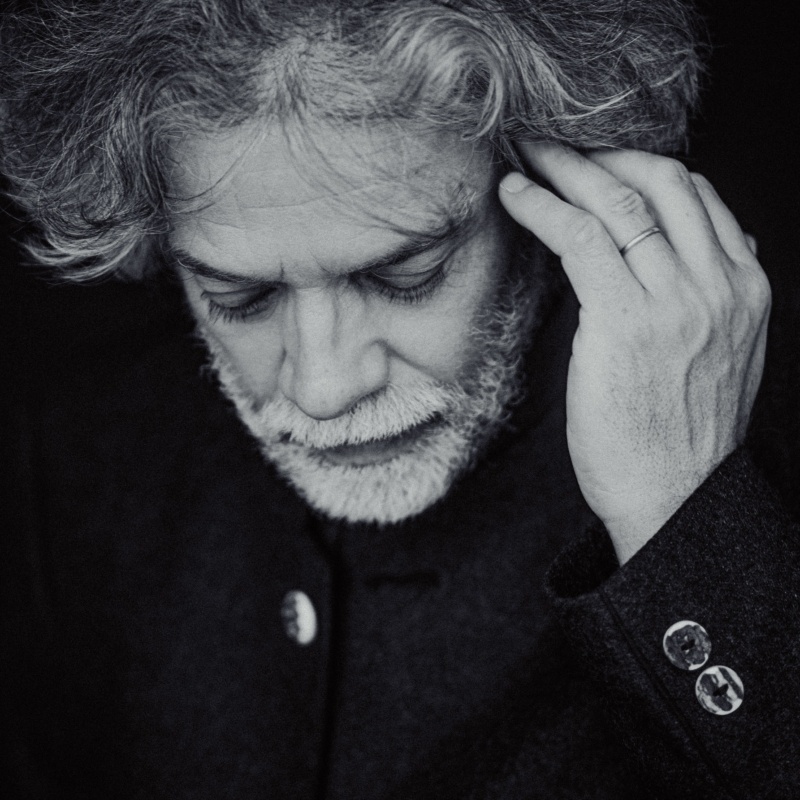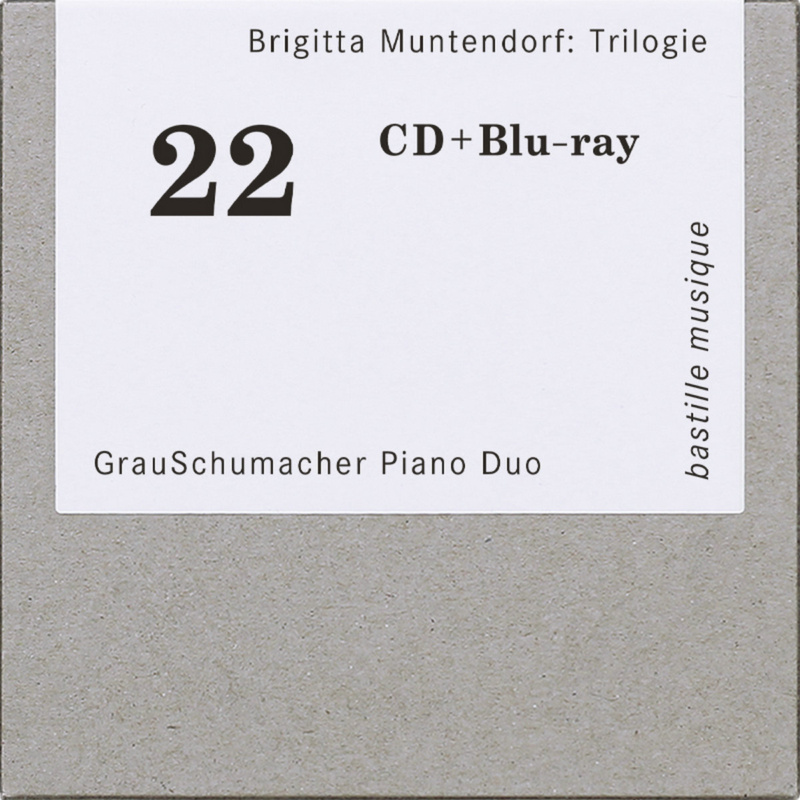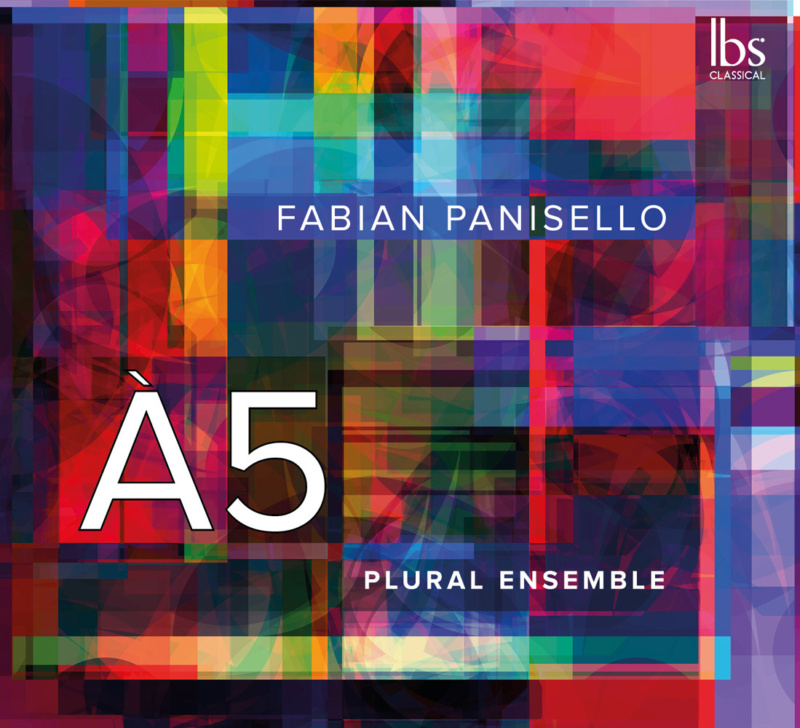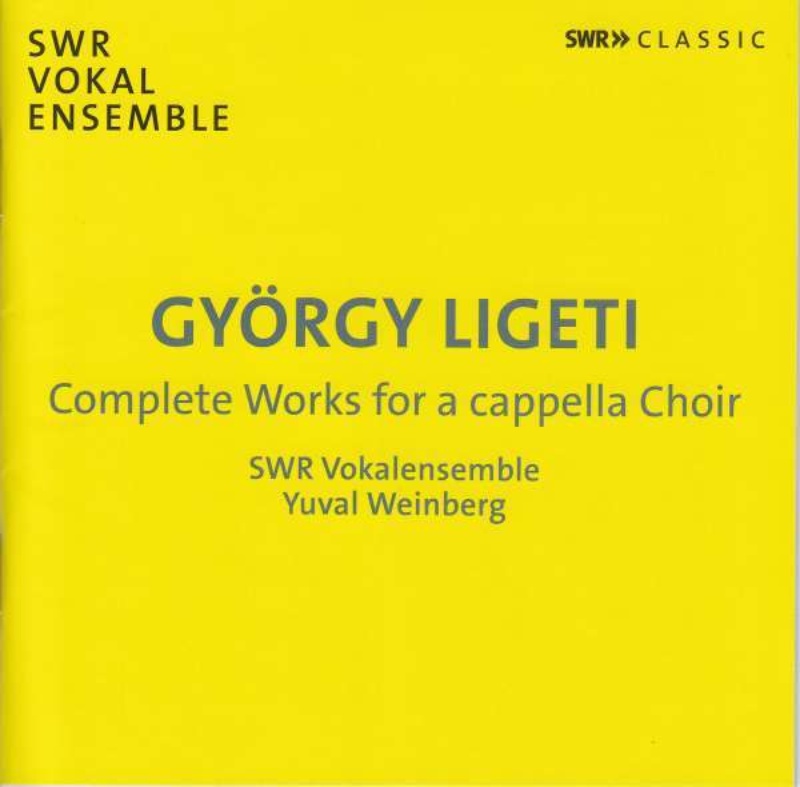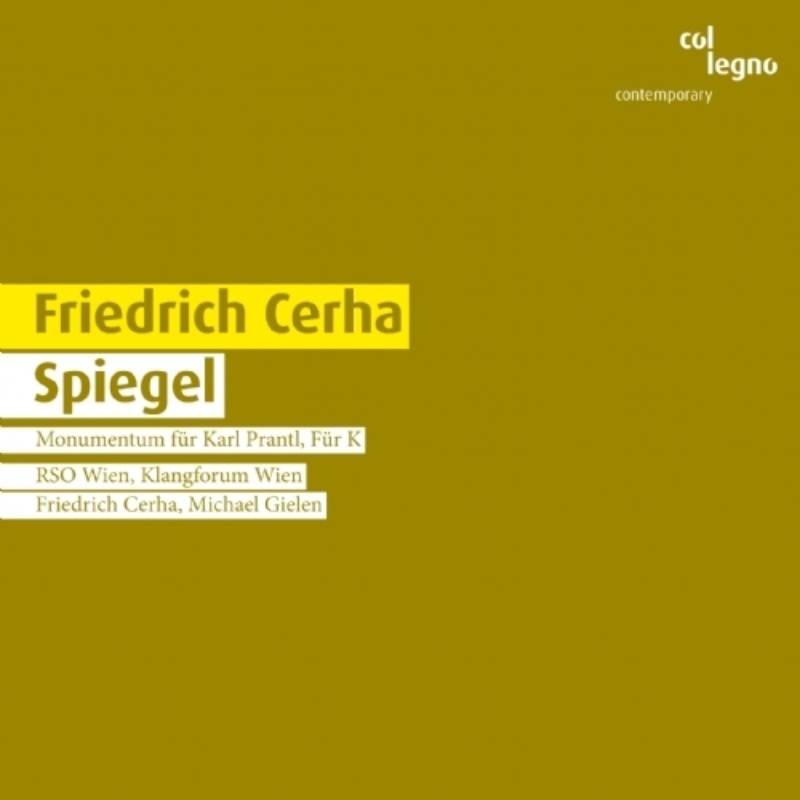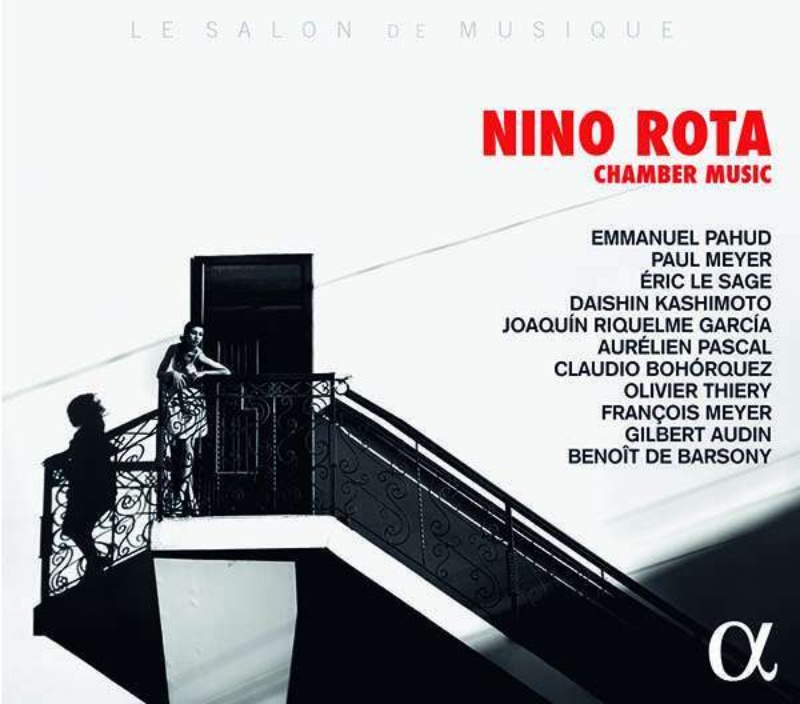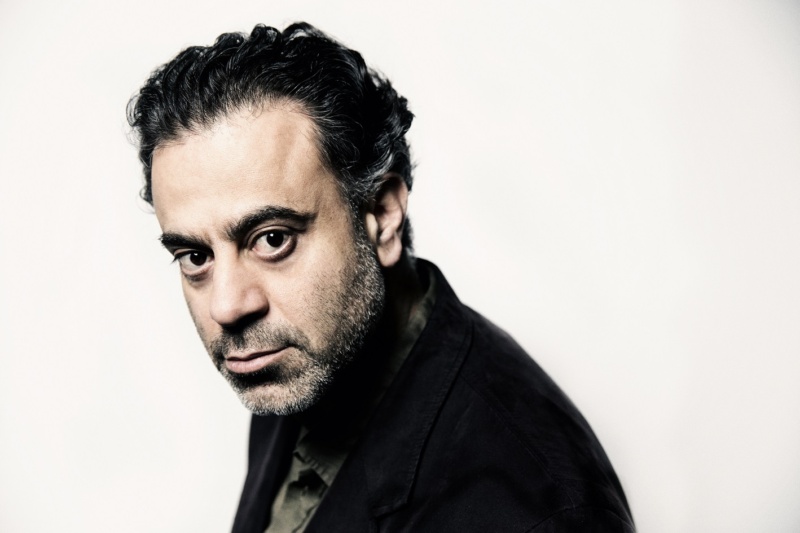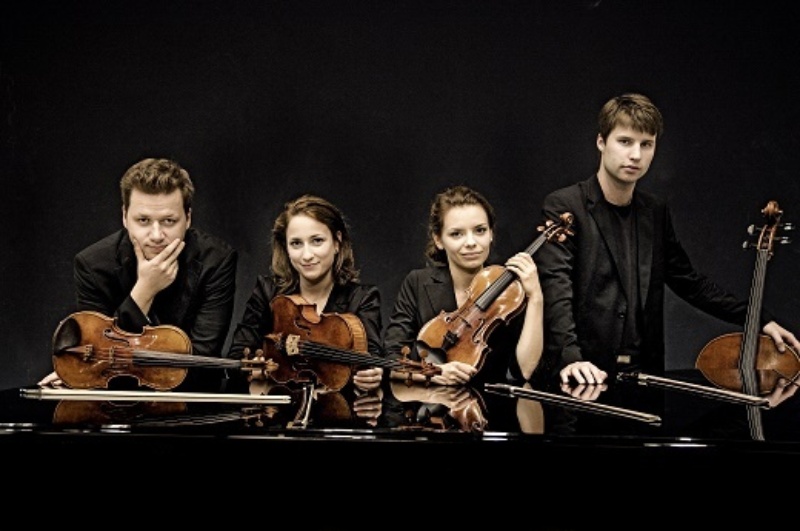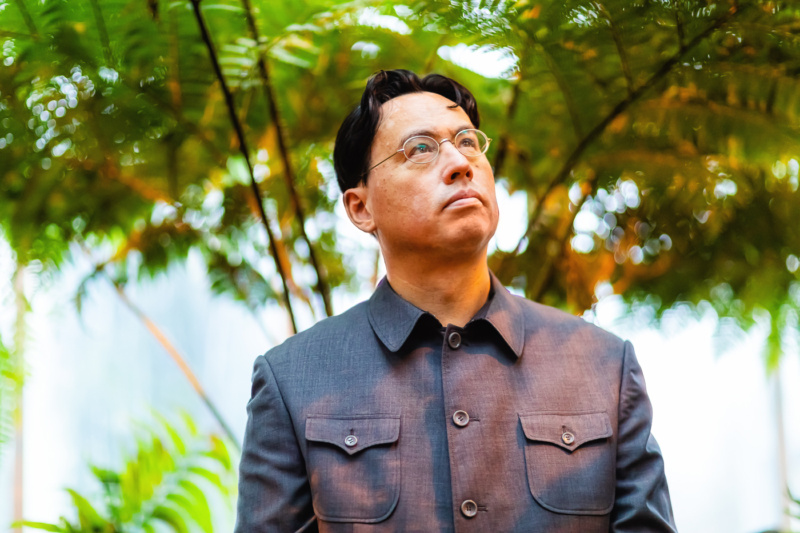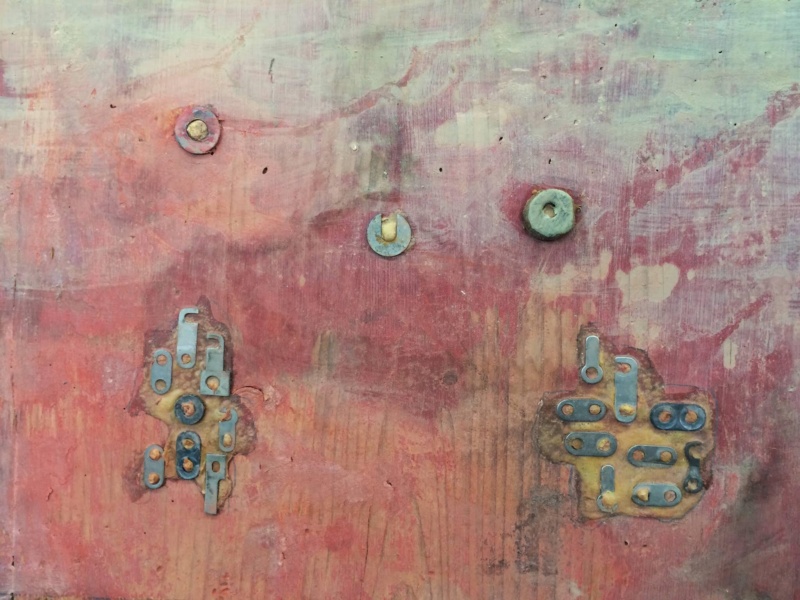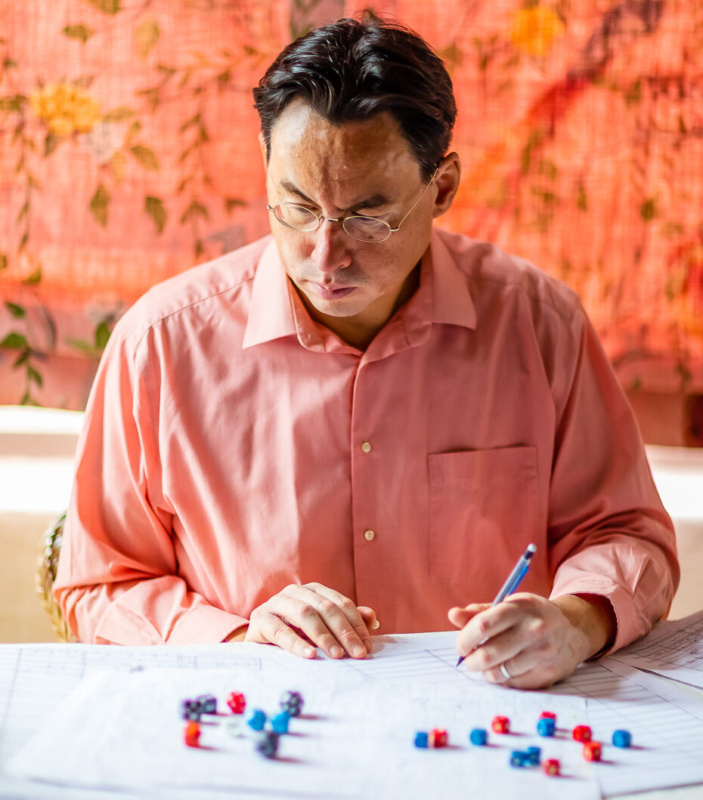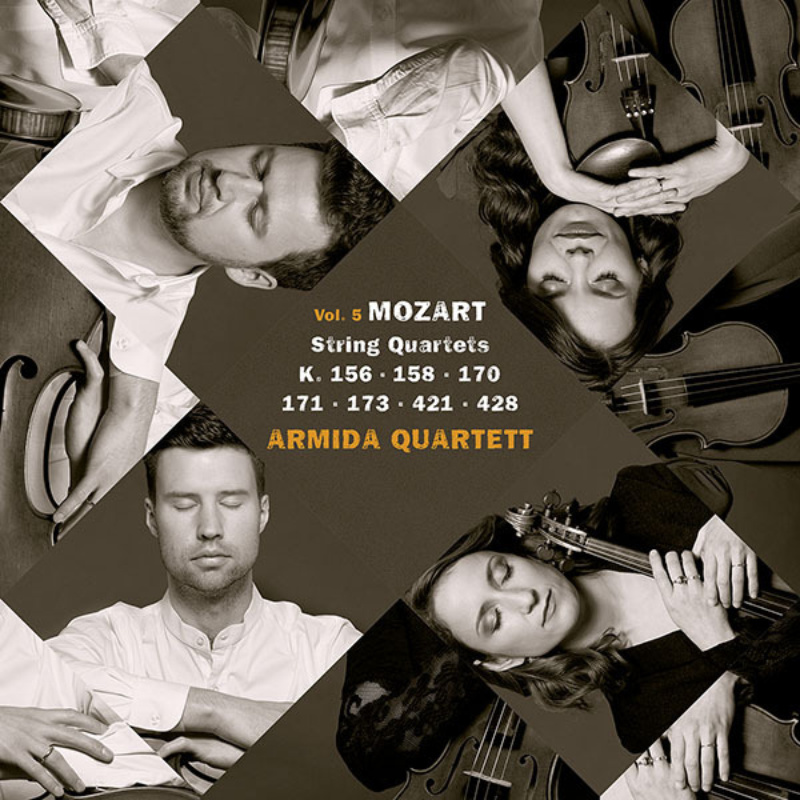(first published in 2013)
Admittedly, there is quite an accumulation of engagements in Friedrich Cerha’s concert diary just short of his 88th birthday, but in this instance, this ought not to cause too many logistical problems at least: the two upcoming world premieres will take place approximately 150 km away from each other as the crow flies – less than one and a half hours by train. The Frankfurt Radio Symphony Orchestra (hr-Sinfonieorchester) under Andrés Orozco-Estrada (for whom this concert will be his last as principle conductor of the orchestra) will give the world premiere of Tagebuch für Orchester on 6 February 2014. The following day, Drei Orchesterstücke can be heard for the first time in the Kölner Philharmonie, performed by the WDR Symphony Orchestra Cologne under the direction of Jukka-Pekka Saraste.
Friedrich Cerha has shaped the music world in his native Austria as much through his compositions as through his work as conductor and co-founder of the ensemble "die reihe" since the late 1950s. It is for this reason that he has long been considered the doyen of New Music in Austria. In the meantime, he was well known abroad for his congenial completion of Alban Berg’s opera Lulu. However, international awareness of this great composer has been completely transformed over the last decade with an impressive array of late works. Orchestral works such as Instants (WDR Symphony Orchestra), Like a Tragicomedy (BBC Philharmonic Orchestra) and Kammermusik für Orchester (Radio Symphony Orchestra Vienna), solo works including Konzert für Schlagzeug und Orchester (Martin Grubinger, Mozarteum Orchestra Salzburg) and his opera Der Präsident, which received its world premiere in 2013 at the Gärtnerplatz Theatre in Munich with the Volksoper Wien, are proof of tremendous creative energy. Cerha’s international success was recognised in 2012 with the Ernst von Siemens Music Prize.
In this context, a younger generation of musicians has also discovered his earlier works for themselves. Fellow composers including Johannes Maria Staud have waxed lyrical about the orchestra cycle Spiegel: "What continues to baffle me today is how fresh and unworn, how visionary and exciting this music sounds even fifty years after it was created. The uncompromising and economical way in which it was composed and the innovativeness of its notation and orchestration go hand-in-hand with an unbelievable bounty of sweet and iridescent, coalescent and eruptive, bizarre and unforgettable moments." Elena Mendoza first got to know the piece after listening to the complete recordings on KAIROS. In her enthusiasm for this work, she regretted that she had not discovered it sooner; her development as a composer would surely have taken a different course.
Friedrich Cerha has often commented with his own mild irony on the fact that, at almost 90, he is still adding new works to his oeuvre year after year. On many occasions, audiences at world premieres of his works must have wondered whether they were hearing his last great work. Orchesterstücke offer yet another chance to do so as Cerha makes explicit reference to the circle of life. On the origin of the work, he explains, "in 2006 when I was 80; an age in which one feels compelled to reflect on things, how the world has changed during one’s lifetime, how the world has changed one as a person and how one sees the world differently during the course of one’s life. I was imagining three pieces for orchestra, which would be connected to these thoughts."
The point of departure was the Berceuse céleste, which was premiered by the RSO Stuttgart under Eliahu Inbal in 2008. He defines this first of the three orchestra pieces as "free from the oppressing pull of gravity; it has a somewhat childish naivety to it, a being in which all experiences are just beginning, which does not yet pass judgment, which does not think in terms of values." Between this lullaby and the piece entitled Tombeau, which deals with the transition to death, is a piece full of emotion, fractures, convulsions, which Cerha labelled "despite its length, slightly tongue-in-cheek, Intermezzo."
Those who get the opportunity to attend both world premieres will hear in Tagebuch a work that bears a family resemblance of sorts to Orchesterstücken that originated shortly after the latter was completed. Friedrich Cerha describes these short pieces as "transparent in setting and easily comprehended," in which he has developed several musical situations from Drei Orchesterstücken further. "The composition is called Tagebuch because almost every piece was written in one day," he said.
Nina Rohlfs, 01/2013 | Translation: Celia Wynne Willson
